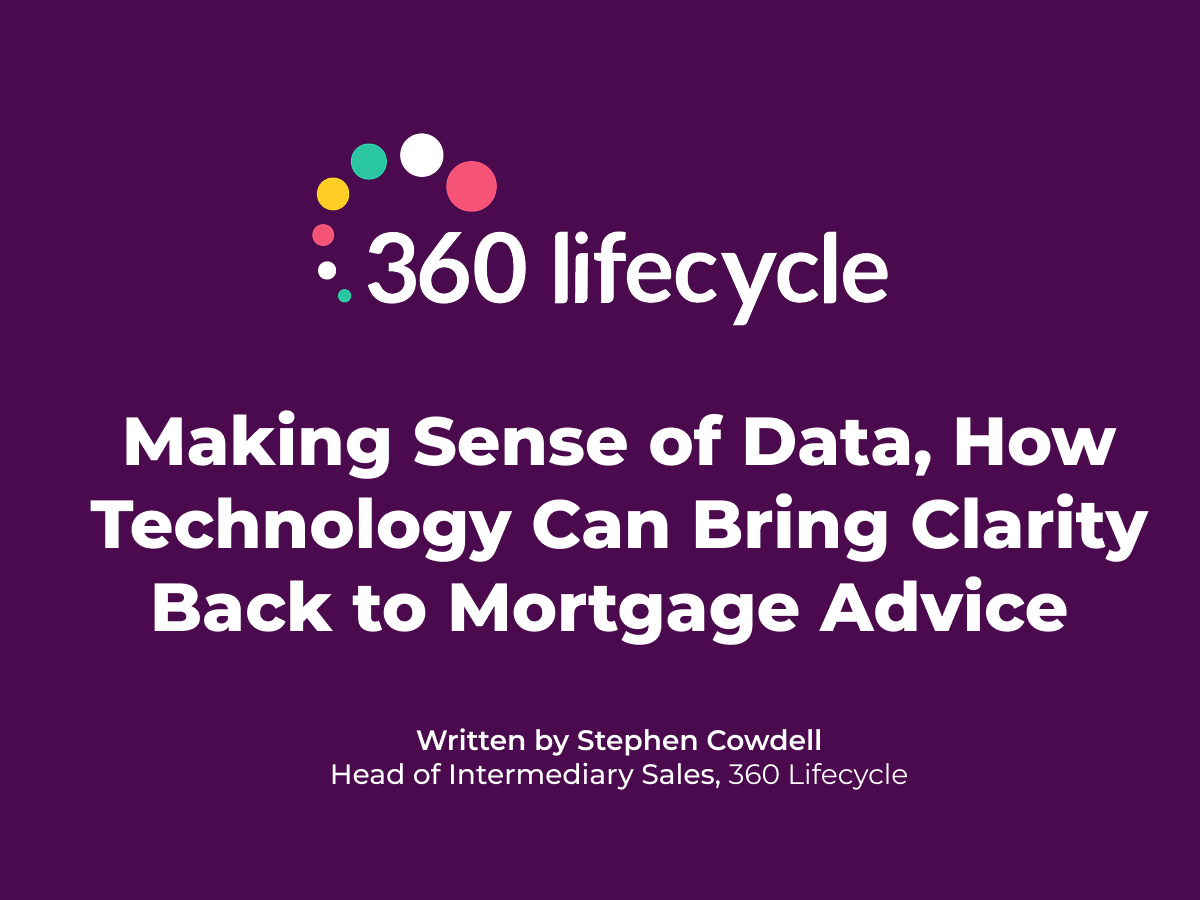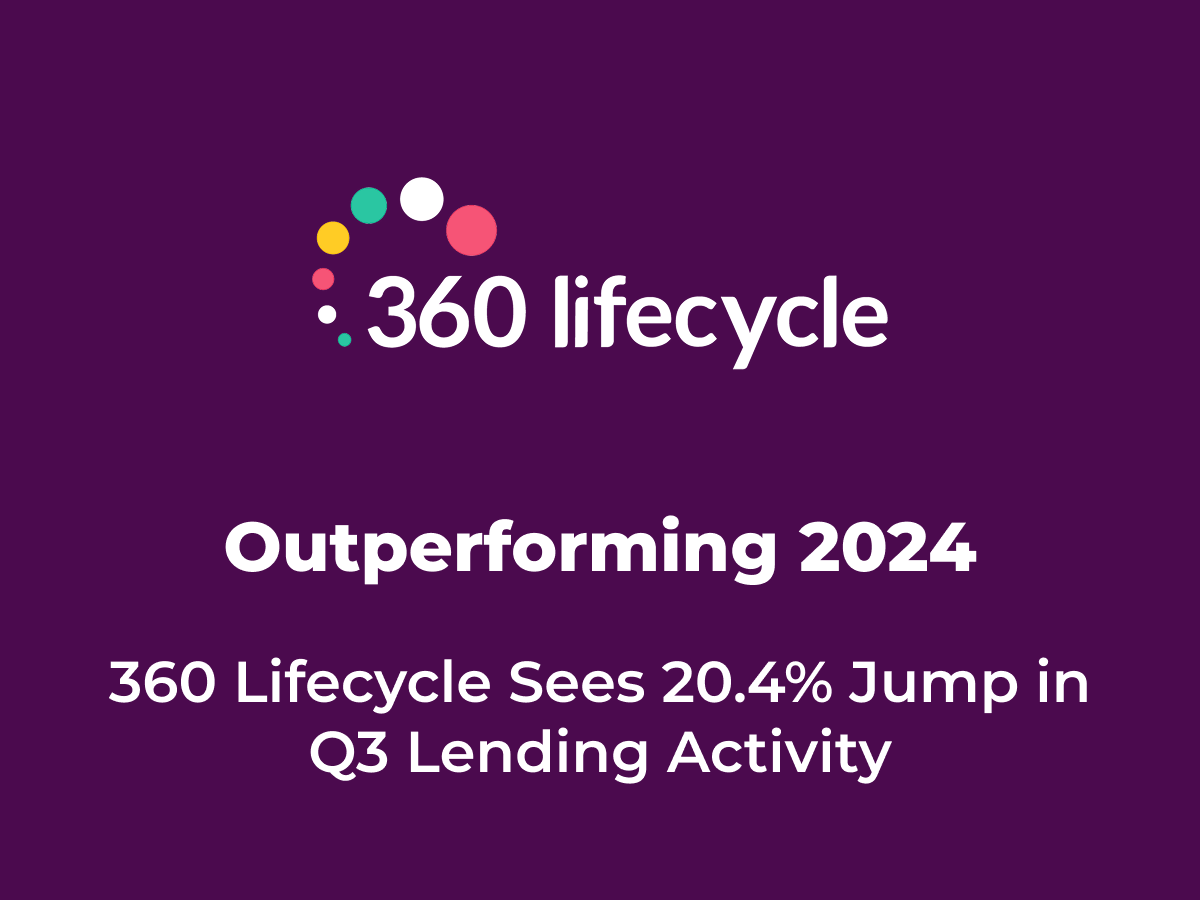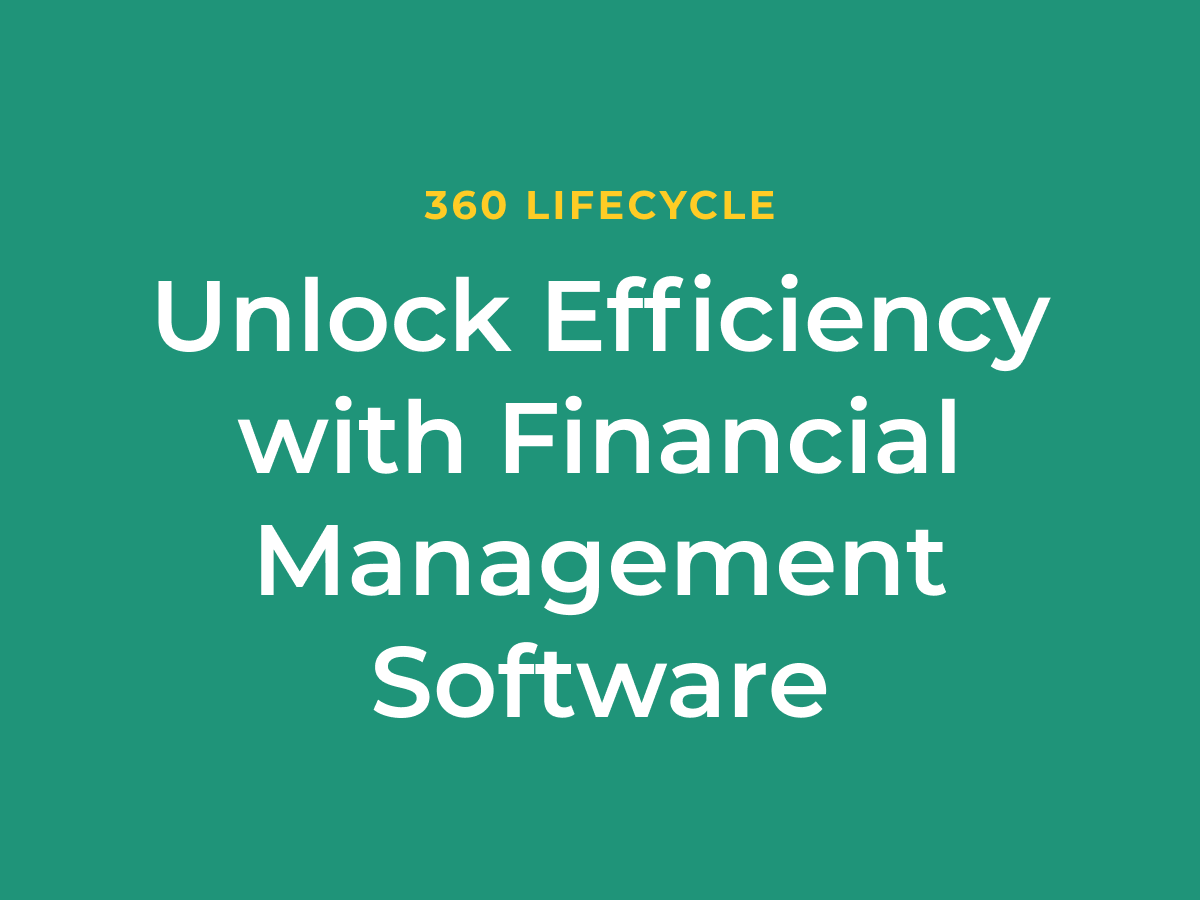
Buy To Let and the new Landlord Licence Checker
Buy To Let is not as simple as it was 20 years ago and the private rental sector is much more regulated today.
Licences have been introduced to improve the private rental sector and stop rogue landlords. Initially, the licences were targeted at homes of multiple occupation (HMOs) but in some areas there are also selective licences for single household properties. Selective licences are in operation in areas where there is deemed to be a higher risk of ‘slum landlords’, such as the poorer areas of the inner cities.
The licencing programme was flawed in that local authorities had no way of policing the system. Councils had no way of knowing whether a property was rented out and no way of checking whether the landlord had a licence.
The licencing scheme relies on tenants reporting their landlords to the local authority. Anyone renting a property without a licence can be fined up to a year’s rent, which is then paid to the tenant. This is an excellent incentive for a tenant, however, it was difficult to check whether a landlord had a licence and few were motivated enough to do so.
This may change with the recent introduction of the government’s landlord licence checker. The online portal allows tenants to put in a postcode and check whether their landlord has a licence. If they do not, they can report them to their local authority and potentially get a year’s rent in their pocket. This is already being promoted by Martin Lewis and is likely to become more popular in a challenging post-Covid economy. It is now more important than ever that landlords make sure they have all their certification in place and licences where required.
Experienced landlords should be aware of the rules in their areas but first-time landlords may not. Often people become landlords by accident because they want to move out of their own home but not sell it and it is these people who are most at risk of getting it wrong.
While it is not the role of the mortgage adviser to advise borrowers on the intricacies of renting property, clients need this guidance and benefit from being signposted to it.
When advising any client who is considering renting a property, it is worth mentioning the landlord licensing scheme so that they can make their own enquiries. Ultimately, the local authority will be the deciding source of information on this, but good local property managers may be able to help.
Law-abiding landlords who maintain safe properties are more likely to get good tenants and have a positive renting experience. In turn, these landlords can be good long-term clients and it is worth flagging the licencing scheme to them so that they do not become un-stuck. As every mortgage adviser knows, its not just about helping the client get the right product, it is also about helping them make the right choice for the long-term and building a good working relationship for the future.




